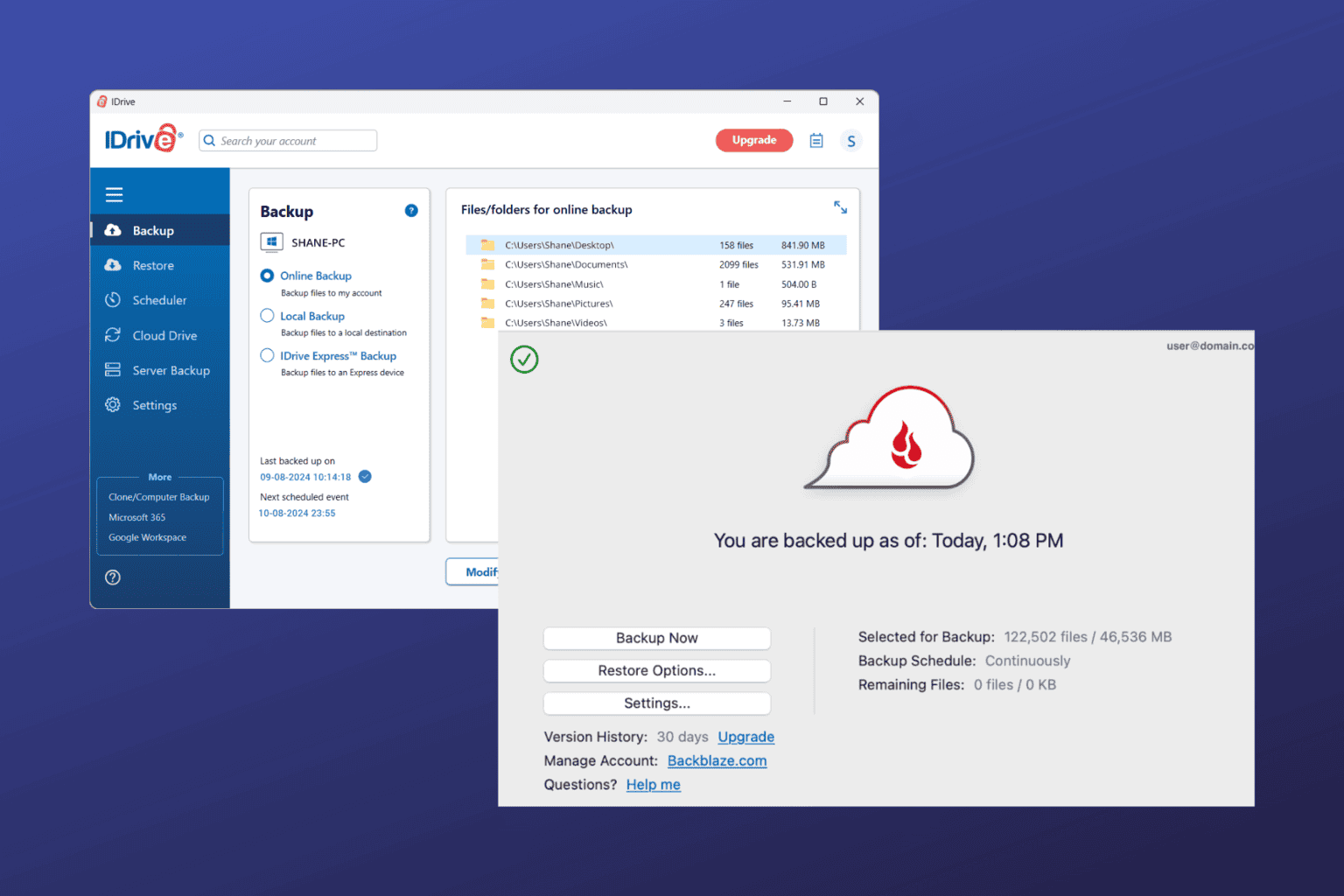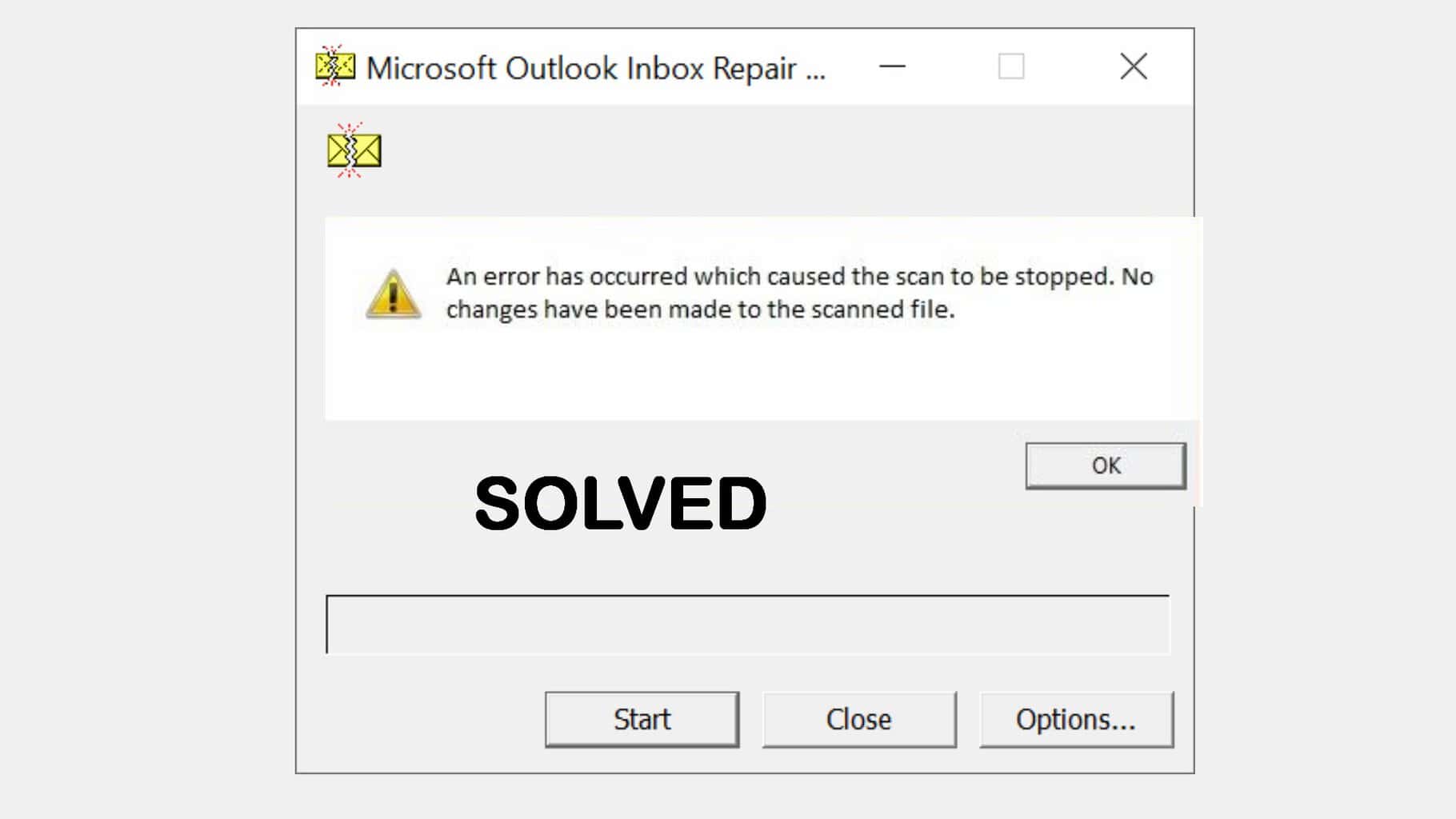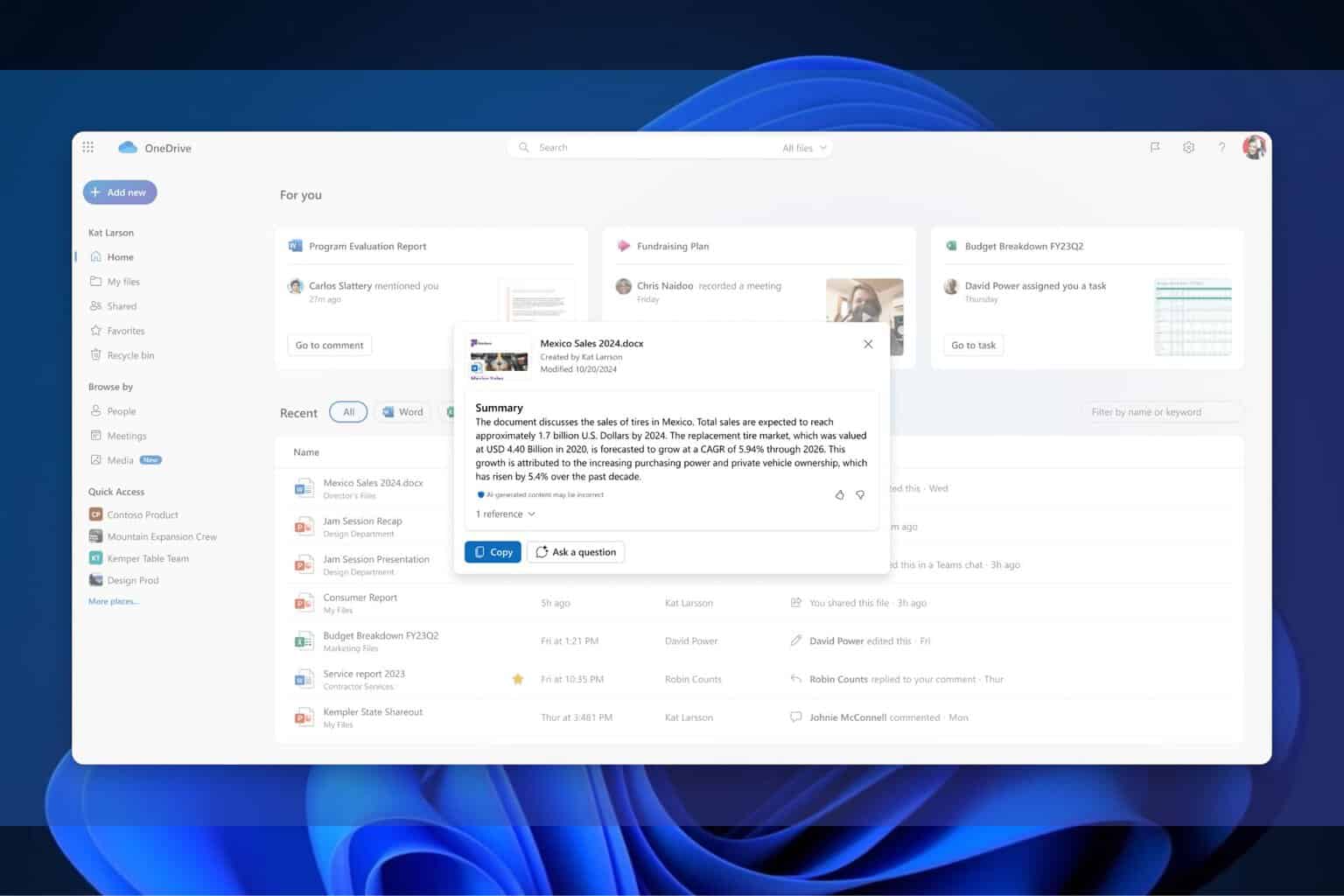Microsoft states its privacy policy on your email in wake of court case
2 min. read
Published on
Read our disclosure page to find out how can you help Windows Report sustain the editorial team. Read more
Microsoft has made a lot of noise about Gmail scanning messages for ads, though the truth is that every email service scans messages, as it’s how spam filtering works. But these days, in the wake of the Edward Snowden revelations, more people are worried about privacy. With that in mind, Microsoft has issued a statement on email privacy.
The announcement, titled “Your email belongs to you, not us” covers the company’s privacy policies. According to Brendon Lynch, chief privacy officer at Microsoft, the company “is committed to delivering meaningful privacy protections that build trust with our customers, and we know how much you value the contents of your email. We believe your email belongs to you, not us, and that it should receive the same privacy protection as paper letters sent by mail–no matter where it is stored”.
This announcement is being made in response to a warrant issued by the US government, which is attempting to seize user data that is stored on foreign soil. It’s a thin line to walk, given everyone wishes to remain safe. But we also don’t want to think that the government can simply take our data — especially when it happens to be stored somewhere else, in this case Ireland.
The case is, so far, not going well for Microsoft. Courts have sided with the US government. The implications are ominous, as it means other countries could also demand data, regardless of its location. The company points out that this is already happening — “In fact, earlier this month the British government passed a law asserting its right to require tech companies to produce emails stored anywhere in the world”.
The case is not done, as Microsoft continues to argue its point, though the outcome is headed in the wrong direction for US citizens. We’ll keep you updated on it.









User forum
0 messages